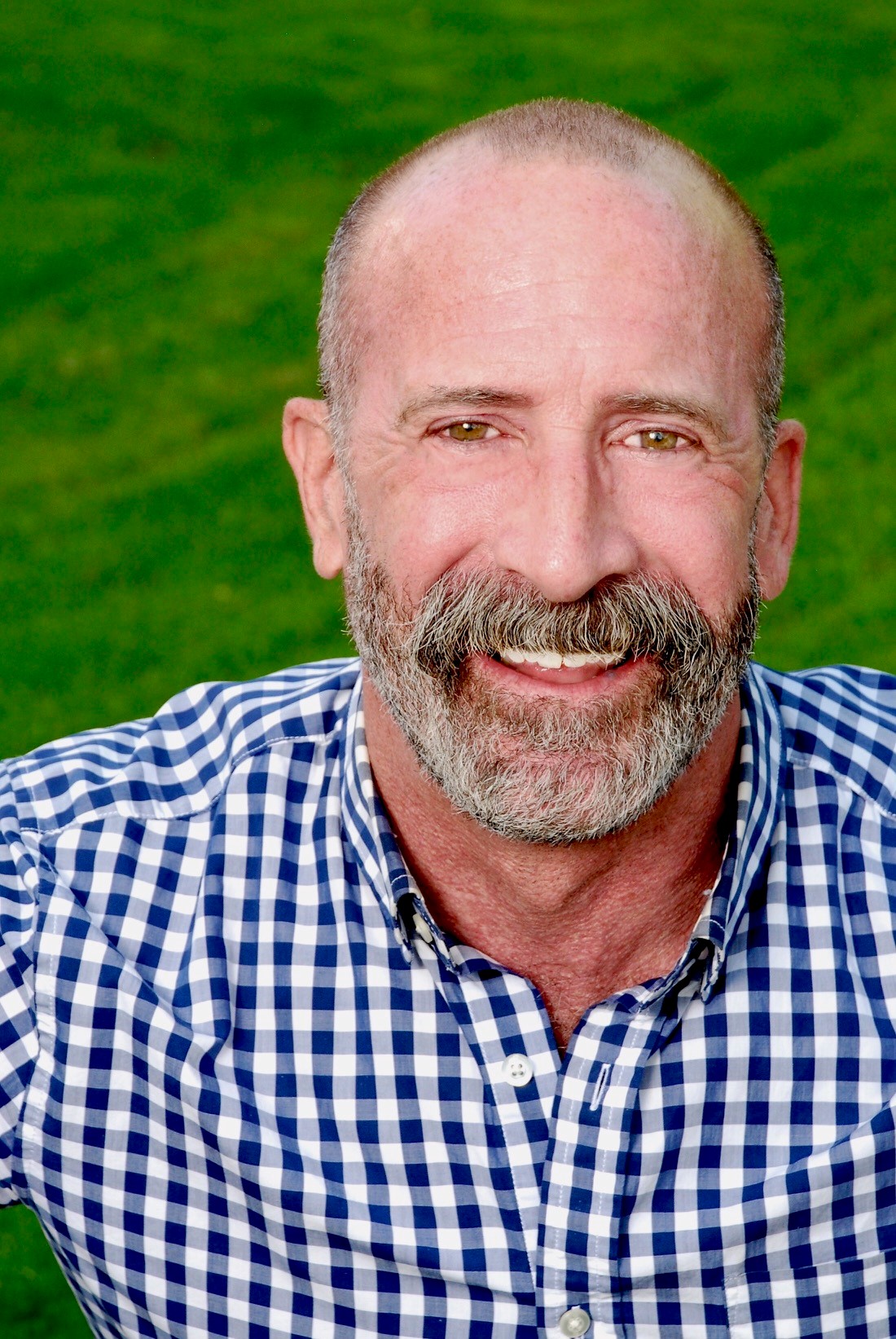5 Questions
Posted: October 22, 2023
Read more to find out about Tim, whose answers show his relentless curiosity and are inspiring to read! We appreciate all you do for WesternU!
Tim Wood
Associate Vice President, Center for Excellence in Teaching and Learning (CETL)
Associate Professor
Department of Physician Assistant Program
1. What are you working on now that excites you the most?
I was lucky enough to be able to attend the annual conference for AMEE and the International Conference for Faculty Development at the end of August. Two of the topics that kept coming up were Artificial Intelligence (not a big surprise) and the topic of Faculty Well-Being. I have personally taken a deep dive over the past month and a half on Faculty Well-Being and have been performing literature searches and a general survey of the landscape regarding faculty well-being. I am finding that there has been a shift away from focusing strictly on “burnout” and instead looking at the positive psychological aspects. I’m finding that this parallels the shift that higher education is undergoing with students toward the “grit and growth mindset”. “Positive psychology” is a relatively newer field in psychology that focuses more on the traits and behaviors that help people thrive and flourish in various environments, instead of focusing on psychological disorders. It frames things in a positive light, similar to the “Strength Finders Inventory” that many have taken to determine in which areas they are more likely to thrive. The interesting thing for me is how can we take these concepts and use them to promote and help improve faculty well-being at WesternU. This can also be used with WesternU staff, since the well-being literature also includes other work areas and roles other than faculty.
2. What book has had the greatest impact on your life?
I would say that the book that has had the greatest impact for me is The Four Agreements by Don Miguel Ruiz. This short and easily readable book discusses four areas of living your life and how shifting your perception in these four areas can make a profound difference on how you interact with others and how you view yourself. I often recommend it to my students before they go off for their clinical rotations. I think everyone can benefit from reading it!
Another significant book for me was The 7 Habits of Highly Effective People by Stephen Covey – yes, I’m showing my age here. This book was first published in the 1980’s, but it still contains many relevant principles that will help anyone with their work life, as well as their personal life.
3. What is your most prized possession?
I am going to say my health and fitness – despite the fact that they aren’t possessions. I work hard at trying to keep life balance and making sure to include fitness and active leisure time as part of my daily life. That includes spending time with friends and family. I also try to make time to do something creative each week during my personal time. (Working at CETL, I am surrounded by some of the most creative people at WesternU and get to work creatively throughout my work week, too.)
4. What is something that surprises people about you?
That I did not go into medicine until I was 37 – which is when I entered PA school. Prior to that, I had careers in retail, hospitality management and medical practice management. You are never too old to keep learning! I finished my doctorate when I was 53. Relentless curiosity!
5. What piece of advice would you give to five year old you?
Don’t take it all so seriously. It took me until my thirties to figure that out. That was when I realized that you can work hard and attain your goals, but also be kind to yourself with your accomplishments. It all doesn’t have to be done “right now”, nor does it all have to be perfect all of the time. The other day one of my colleagues here at WesternU reminded me of the saying by Voltaire – “Perfect is the enemy of good”. Sometimes we will obsess about making something perfect, which can lead to frustration, interfere with timelines and possibly create conflict within our team. This also takes us back to my response to the first question you asked me – “Always do your best” is one of the Four Agreements. However, Don Miguel Ruiz reminds us that our “best is going to be different from day to day, but as long as you do your absolute best in any given moment, you can avoid self-judgment and regret”.


